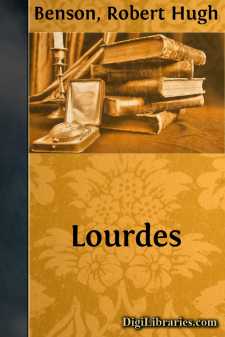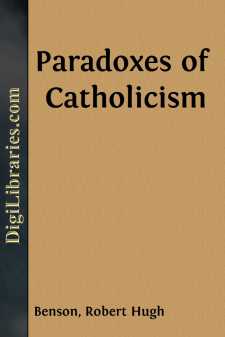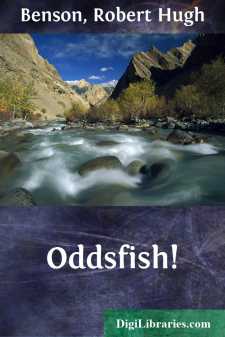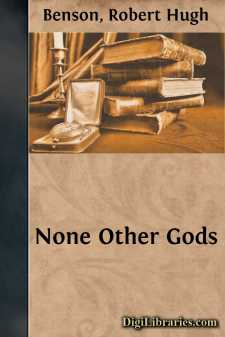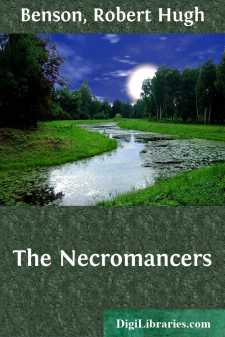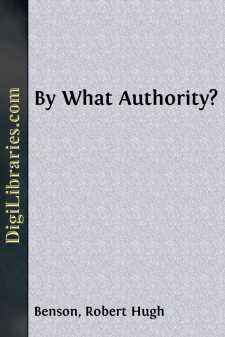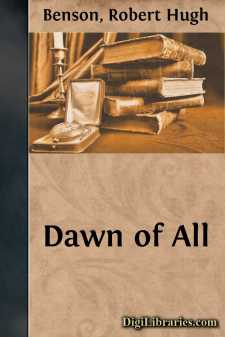Categories
- Antiques & Collectibles 13
- Architecture 36
- Art 48
- Bibles 22
- Biography & Autobiography 813
- Body, Mind & Spirit 142
- Business & Economics 28
- Children's Books 16
- Children's Fiction 13
- Computers 4
- Cooking 94
- Crafts & Hobbies 4
- Drama 346
- Education 46
- Family & Relationships 57
- Fiction 11829
- Games 19
- Gardening 17
- Health & Fitness 34
- History 1377
- House & Home 1
- Humor 147
- Juvenile Fiction 1873
- Juvenile Nonfiction 202
- Language Arts & Disciplines 88
- Law 16
- Literary Collections 686
- Literary Criticism 179
- Mathematics 13
- Medical 41
- Music 40
- Nature 179
- Non-Classifiable 1768
- Performing Arts 7
- Periodicals 1453
- Philosophy 64
- Photography 2
- Poetry 896
- Political Science 203
- Psychology 42
- Reference 154
- Religion 513
- Science 126
- Self-Help 84
- Social Science 81
- Sports & Recreation 34
- Study Aids 3
- Technology & Engineering 59
- Transportation 23
- Travel 463
- True Crime 29
Lourdes
Categories:
Description:
Excerpt
I.
The first sign of our approach to Lourdes was a vast wooden cross, crowning a pointed hill. We had been travelling all day, through the August sunlight, humming along the straight French roads beneath the endless avenues; now across a rich plain, with the road banked on either side to avert the spring torrents from the Pyrenees; now again mounting and descending a sudden shoulder of hill. A few minutes ago we had passed into Tarbes, the cathedral city of the diocese in which Lourdes lies; and there, owing to a little accident, we had been obliged to halt, while the wheels of the car were lifted, with incredible ingenuity, from the deep gutter into which the chauffeur had, with the best intentions, steered them. It was here, in the black eyes, the dominant profiles, the bright colours, the absorbed childish interest of the crowd, in their comments, their laughter, their seriousness, and their accent, that the South showed itself almost unmixed. It was market-day in Tarbes; and when once more we were on our way, we still went slowly; passing, almost all the way into Lourdes itself, a long-drawn procession—carts and foot passengers, oxen, horses, dogs, and children—drawing nearer every minute toward that ring of solemn blue hills that barred the view to Spain.
It is difficult to describe with what sensations I came to Lourdes. As a Christian man, I did not dare to deny that miracles happened; as a reasonably humble man, I did not dare to deny that they happened at Lourdes; yet, I suppose, my attitude even up to now had been that of a reverent agnostic—the attitude, in fact, of a majority of Christians on this particular point—Christians, that is, who resemble the Apostle Thomas in his less agreeable aspect. I had heard and read a good deal about psychology, about the effect of mind on matter and of nerves on tissue; I had reflected upon the infection of an ardent crowd; I had read Zola's dishonest book; and these things, coupled with the extreme difficulty which the imagination finds in realizing what it has never experienced—since, after all, miracles are confessedly miraculous, and therefore unusual—the effect of all this was to render my mental state a singularly detached one. I believed? Yes, I suppose so; but it was a halting act of faith pure and simple; it was not yet either sight or real conviction.
The cross, then, was the first glimpse of Lourdes' presence; and ten minutes later we were in the town itself.
Lourdes is not beautiful, though it must once have been. It was once a little Franco-Spanish town, set in the lap of the hills, with a swift, broad, shallow stream, the Gave, flowing beneath it. It is now cosmopolitan, and therefore undistinguished. As we passed slowly through the crowded streets—for the National Pilgrimage was but now arriving—we saw endless rows of shops and booths sheltering beneath tall white blank houses, as correct and as expressionless as a brainless, well-bred man. Here and there we passed a great hotel. The crowd about our wheels was almost as cosmopolitan as a Roman crowd. It was largely French, as that is largely Italian; but the Spaniards were there, vivid-faced men and women, severe Britons, solemn Teutons; and, I have no doubt, Italians, Belgians, Flemish and Austrians as well. At least I heard during my three days' stay all the languages that I could recognize, and many that I could not. There were many motor-cars there besides our own, carriages, carts, bell-clanging trams, and the litters of the sick. Presently we dismounted in a side street, and set out to walk to the Grotto, through the hot evening sunshine.
The first sign of sanctity that we saw, as we came out at the end of a street, was the mass of churches built on the rising ground above the river. Imagine first a great oval of open ground, perhaps two hundred by three hundred yards in area, crowded now with groups as busy as ants, partly embraced by two long white curving arms of masonry rising steadily to their junction; at the point on this side where the ends should meet if they were prolonged, stands a white stone image of Our Lady upon a pedestal, crowned, and half surrounded from beneath by some kind of metallic garland arching upward....


